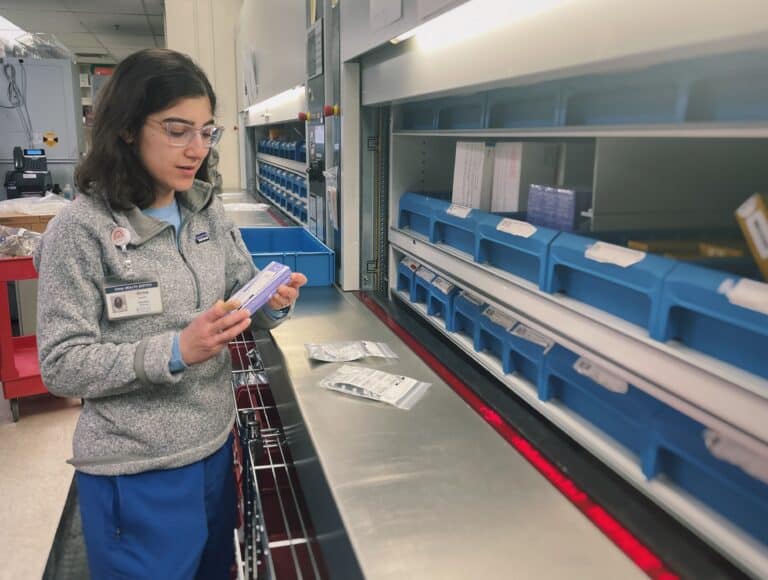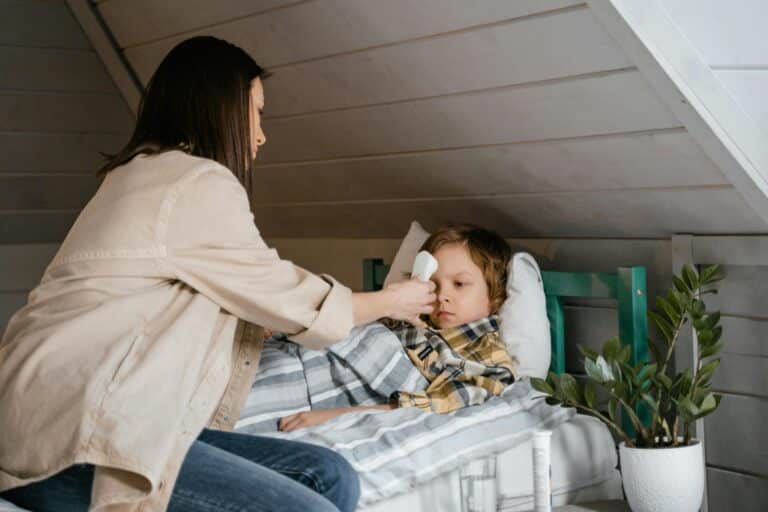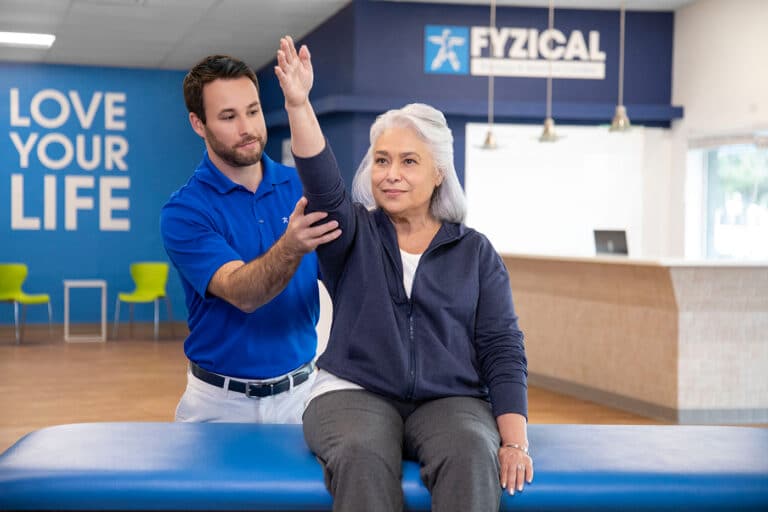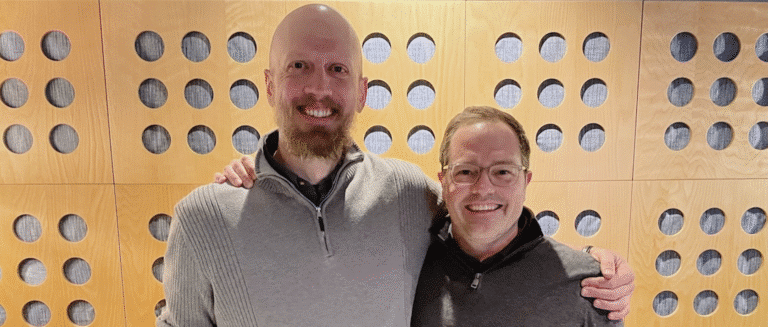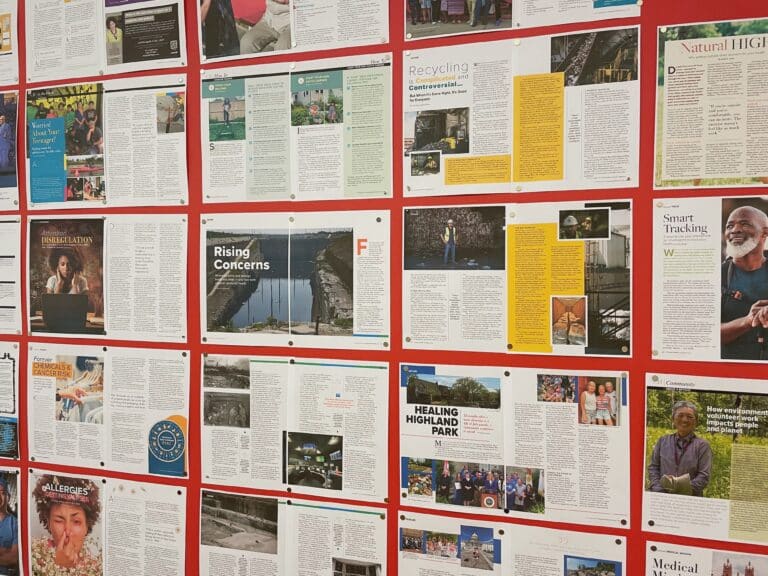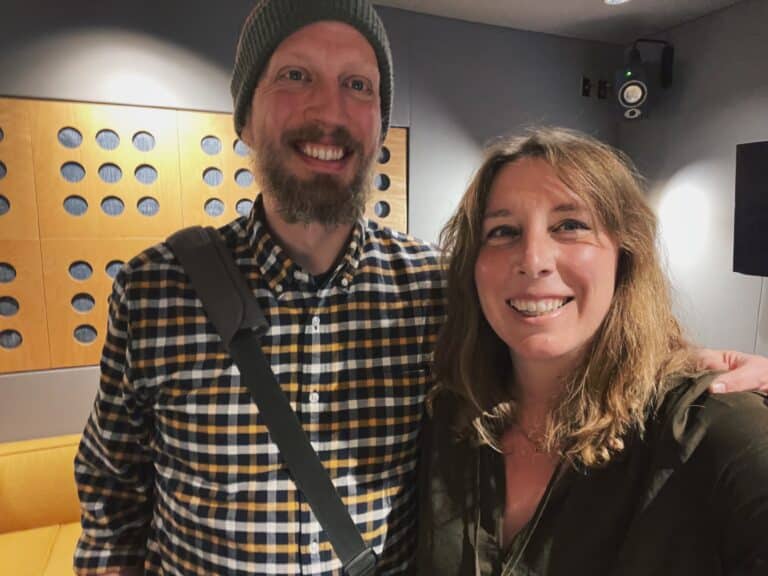Many adolescent girls diagnosed with this rare congenital disorder struggle when their bodies don’t follow the typical teen script
First crushes, friendship drama, the awkward excitement of growing up — all classic milestones of female adolescence. But for those born with Mayer-Rokitansky-Küster-Hauser (MRKH) syndrome, the teenage years often carry an added weight. While their peers trade stories about getting their periods or exploring early romantic relationships, they’re left waiting, wondering why their bodies aren’t following the same script. The answer often comes in a stark, clinical diagnosis: They were born without a fully formed uterus or vagina.
Though rare — affecting an estimated 1 in every 4,500 female births — MRKH is far from invisible. The condition doesn’t prevent puberty or sexual development, but it does profoundly reshape identity, self-image, and the way young women imagine their futures. Being told that your body doesn’t work the way you expected can feel like hitting a wall, leaving adolescents with MRKH isolated and disconnected from everyone around them.
In Ally Hensley’s Vagina Uncensored: A Memoir of Missing Parts (2024), Hensley describes learning at 16 that she had been born without a uterus or vagina — a revelation that collided with the usual turbulence of adolescence. “While my girlfriends were whispering about getting their first periods, I was told I was never going to achieve this rite of passage,” she writes.
The book explores the silence that often surrounds MRKH and the resilience that living with it can demand. Hensley writes candidly about medical appointments, social expectations, and the fear of being different, offering a first-person view of how the condition can shape identity, relationships, and the transition into adulthood.
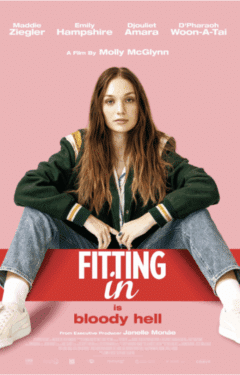
“I felt like I happened to be a filmmaker, and I happen to have MRKH,” McGlynn says. “Some of the most affecting films come from a very specific point of view, and I knew that I had a unique opportunity to tell my story — or at least a story that hadn’t really been seen before in film or TV. That was scary because I didn’t have a reference point. But I just knew that I had to tell it.”
Part of McGlynn’s challenge was deciding which aspects of the diagnosis to highlight. While infertility is significant for many, she wanted the film to focus more on how MRKH shapes body image, sexuality, and identity during the teenage years.
“When you’re 16 and just beginning to discover your body and sexual attraction, then you’re told there’s going to be an impediment to what are considered ‘normal’ sexual experiences, it complicates everything,” she says. “Fertility questions can come later, but the impact on your self-esteem and your sense of belonging is immediate.”
To ensure the film resonated beyond her personal story, McGlynn sought input from the MRKH community. She shared early drafts of the script with the Beautiful You MRKH Foundation, spoke with people who have the condition, and arranged a video call between lead actress Maddie Ziegler and a group of teens living with MRKH. Those conversations, McGlynn says, underscored how the diagnosis can reshape not only self-image but also friendships, trust, and mental health.
Community and care
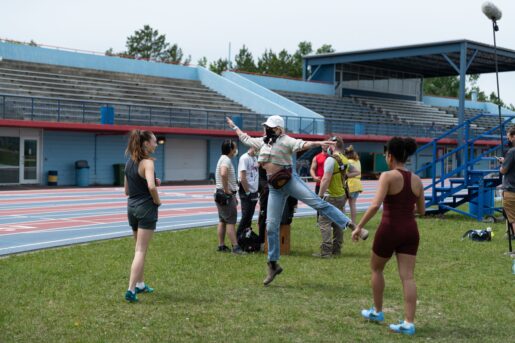
Besides helping her process her own experience, the release of “Fitting In” connected McGlynn more deeply to the MRKH community. She says she was astonished at the growing network of resources now available online and in cities: support groups, coaching programs, hospital-based care, and grassroots nonprofits. “The resources are unbelievable,” McGlynn says. “It’s kind of a game changer in terms of how the diagnosis affects someone at that time in their life.”
One such resource is at Ann & Robert H. Lurie Children’s Hospital of Chicago, where Julia Grabowski, MD, a pediatric surgeon, is co-director of a multidisciplinary female pelvic health clinic that treats many congenital and acquired anomalies including MRKH. The team includes pediatric and adult specialists in surgery, gynecology, urology, psychology, and genetics — meaning patients can stay connected to the same providers throughout their lives.
“We have patients in this clinic who are 11 and patients who are 45,” Grabowski says. “We oftentimes do not end up transitioning them, because we are just their providers for this particular problem throughout their life.”
There are two types of MRKH: Type 1 affects only the reproductive tract, with an absent uterus and an underdeveloped vagina, while type 2 can also affect the kidneys, spine, and hearing.
For decades, physicians used dilation therapy to gradually stretch vaginal tissue. While effective for many, it could be physically painful and emotionally taxing.
In recent years, surgical advances have shifted the landscape, though the American College of Obstetricians and Gynecologists still recommends dilation as the first line of treatment. Grabowski says most of her patients with MRKH opt for surgery. “We’ve developed some new ways to [construct] vaginas,” she says. “They can be done as an outpatient and are less painful. Now, when we see patients with MRKH, probably more of them are opting for upfront surgery.”
The clinic also addresses the emotional and psychological impact of the diagnosis. “Most patients want to separate their feelings from their surgical care, so having someone who is trained in psychology walk through everything with them and their families is hugely important,” Grabowski says.
For parents, the diagnosis can also be overwhelming. “Psychologists meet with the family all together, family separately, patients separately — all sorts of support in terms of explaining just what everything is,” she says. “We want patients and families to know they are not alone, and that there are many options for building a fulfilling life.”
That message is echoed by many in the MRKH community, including Beautiful You, MRKH Connect, and MRKH Stars, which expand the web of support internationally through advocacy, mentorship, and shared stories.
In Chicago, Rima Zigaitis leads Sumaavi, an organization that blends counseling with coaching for women with MRKH. “I think I’m the first — and for now, only — coach in the MRKH space who actually has MRKH myself. So there’s that firsthand, lived experience,” Zigaitis says. She often works with women who have carried the weight of MRKH privately for much of their lives.
“A lot of people separate themselves and don’t get really close to friends, because they’re afraid any question might make them have to share the details. There’s a lot of shame — body shame, shame about your role as a woman, about what society expects,” she says.
In coaching, Zigaitis helps women develop responses to everyday questions, such as, “Do you have kids?” And the potential follow-up, “Why not?”
“By practicing, people are more prepared and less caught like a deer in the headlights,” she says.
McGlynn adds, “All of us have a sense of deficiency and shame when it comes to our bodies, but that sense of shame can also be an access point to vulnerability and connection with others.”
That makes community support as critical as medical care, in McGlynn’s view — especially for families who may not know how to respond when their child is diagnosed. Her advice to them is simple but profound: Let the young person lead.
“They may not want to talk to you about it, and that’s okay,” McGlynn says. “I would really encourage parents to get their own support systems and to help their child connect with groups or mentors. Your daughter is going to be okay, but she needs to make empowered choices.”
That was one of the main takeaways from “Fitting In” — and a message that resonates far beyond the MRKH community. At its core, McGlynn’s film is about being human: the longing to fit in, and the discovery that belonging often comes from embracing what makes us different.
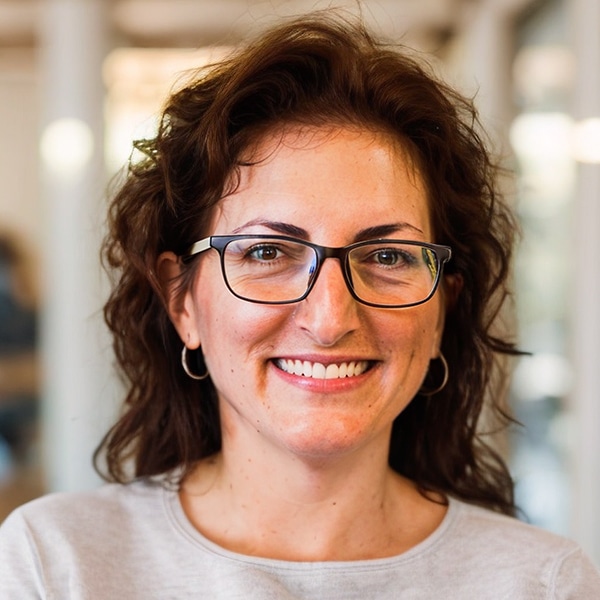
Catherine Gianaro, a freelance writer and editor based in Chicago, has written about healthcare and higher education for more than three decades. With 90-plus awards in communications, she is well-versed in storytelling.

